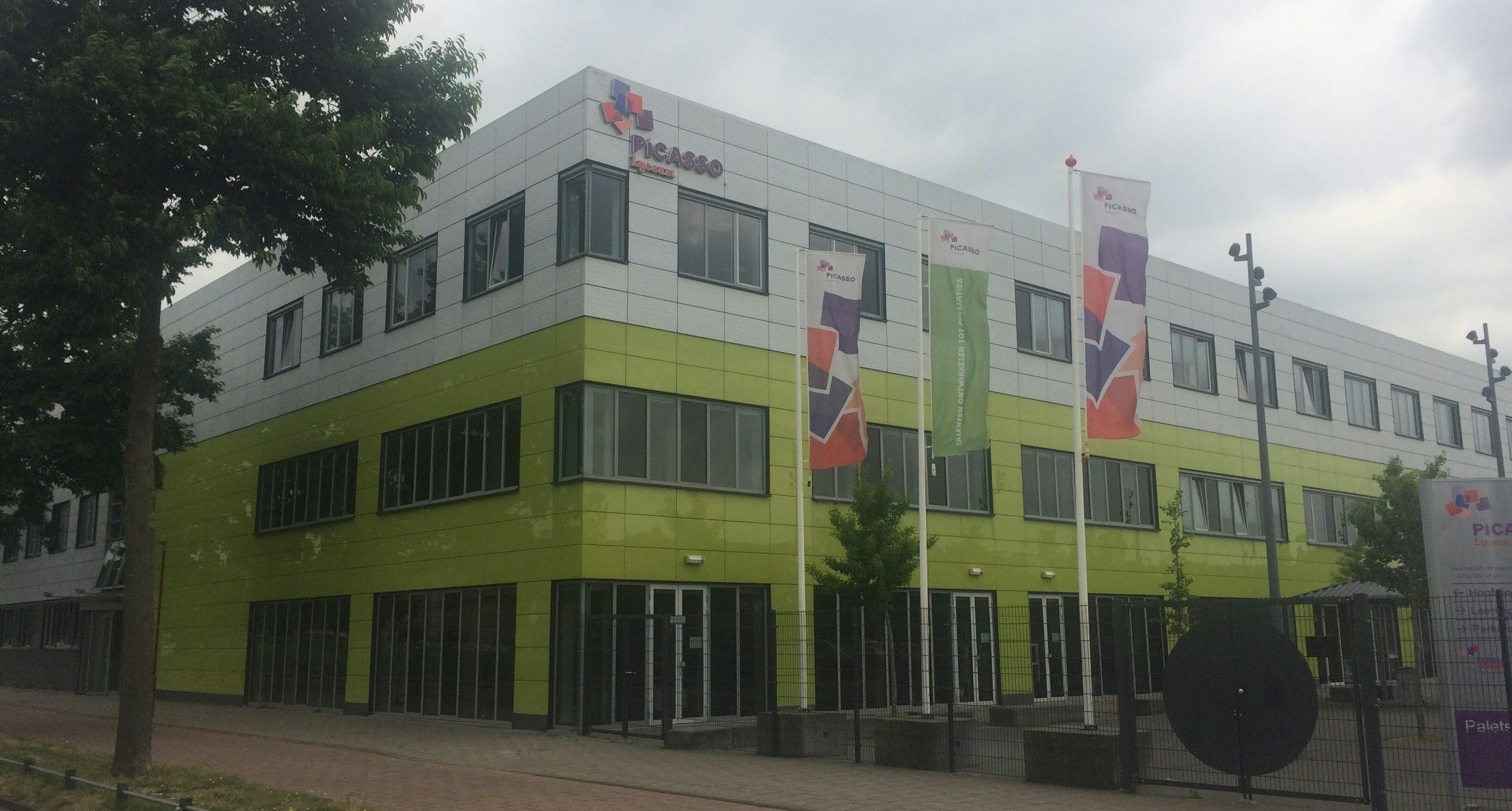Logistics in schools
Project leader(s):
Prof. dr. I.F.A. Vis, dr. Ilke Bakir, dr. Nicky van Foreest and dr. Jose Lopez Alvarez
Consortium:
University of Groningen, and Zo.Leer.Ik! Network, a network of Dutch schools in secondary education
Summary:
The aim of the Educational Logistics for Personalised Learning project is to develop new logistic techniques in collaboration with schools in secondary education for the purpose of organising personalised teaching. Insights from logistics can also be placed in an educational context. This provides inspiration for the development of techniques which can identify clusters of pupils based on, for instance, speed of learning and progress. Such a group can then be coupled with the right teacher.
The research prroject is a cooperation with the Zo.Leer.Ik! schools network, which comprises representatives of secondary schools adopting personalised teaching and learning. Personalized teaching and learning is about the question of how we can better align teaching and learning with the needs of students. The questions asked by schools highlight the need for new, fundamental research into developing logistical models that put people at the centre because education is about students. A good example in this context is incorporating pupils' choice behaviour in making predictions about which class a student wishes to attend.
The organisation of personalized learning requires a new paradigm for educational logistics in order to link students' learning demands to a range of learning activities. In this research project, researchers studied how personalised learning can be facilitated by creating flexibility in planning learning activities, composing groups, assigning teachers and choosing working methods. Important building blocks of this research project are the conceptualisation and visualisation of personalized learning, data analyses and learning questions, and the simulation and development of new planning tools. The conclusions show that personalised learning can be organised and that logistics knowledge can help. Many answers have already been found, but there are still plenty of questions for follow-up research projects in collaboration with schools in secondary education.


